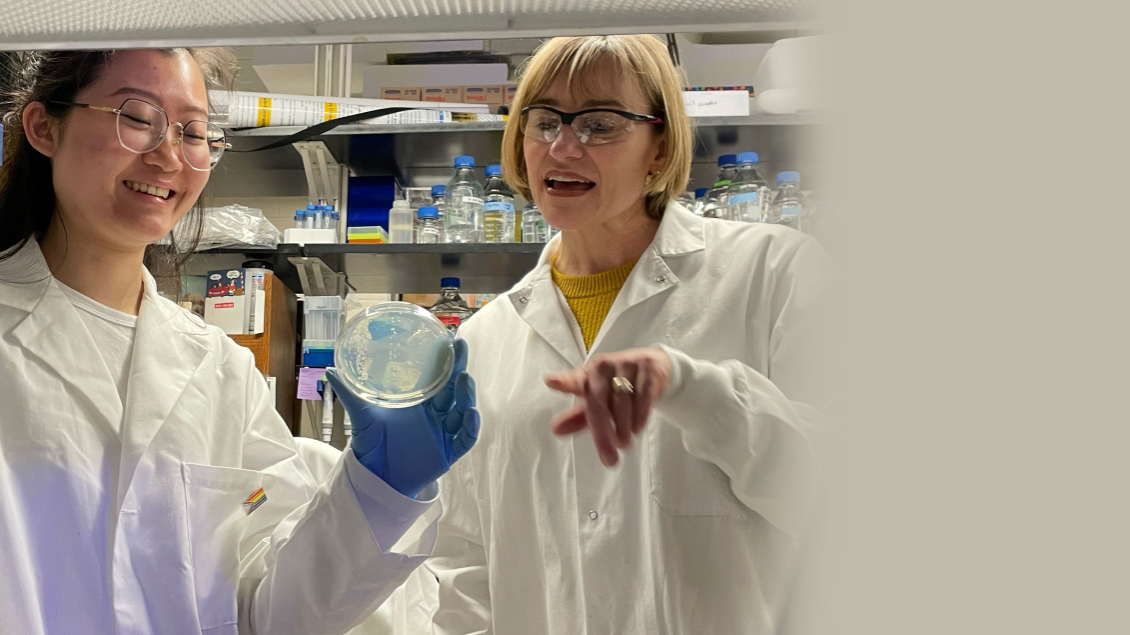
A Global Force in Microbial Science
We are making a profound impact on health care and science by better understanding the microbial world including bacteria, viruses, parasites and fungi.
By focusing on microbial pathogenesis, we strive to understand how viruses, bacteria, fungi, and parasites elicit pathogenesis in the infected host and the host’s immune response pathways. Our researchers also investigate the pathways for hosts to overcome these infections, including preventative measures such as the development of vaccines.
These studies are carried out in state-of-the-art laboratories where 30 primary faculty, 17 joint faculty and 11 research-track faculty receive substantial research grant support from the NIH and other governmental and private agencies. In 2022–2023, M&I received over $18 million in NIH grants and ranked #10 in NIH funding. During this period, our faculty published over 555 scientific articles in highly-ranked journals.
Learn more about the research being conducted across our seven areas of focus.
Our faculty are leaders in the field of Microbiology & Immunology and conduct research across several labs. Explore a list of faculty research labs.